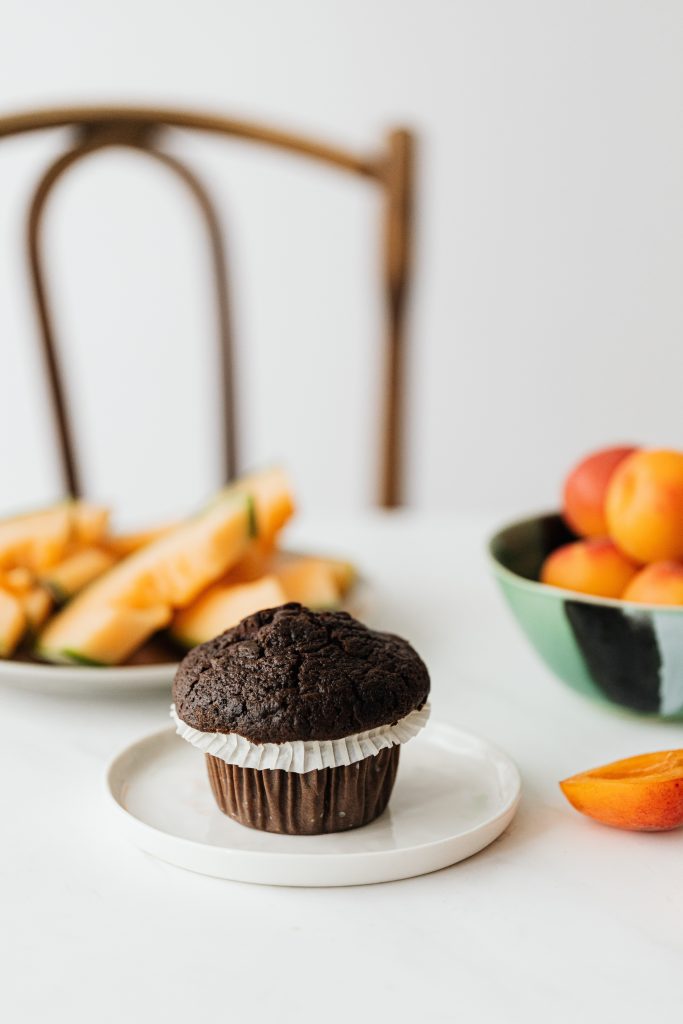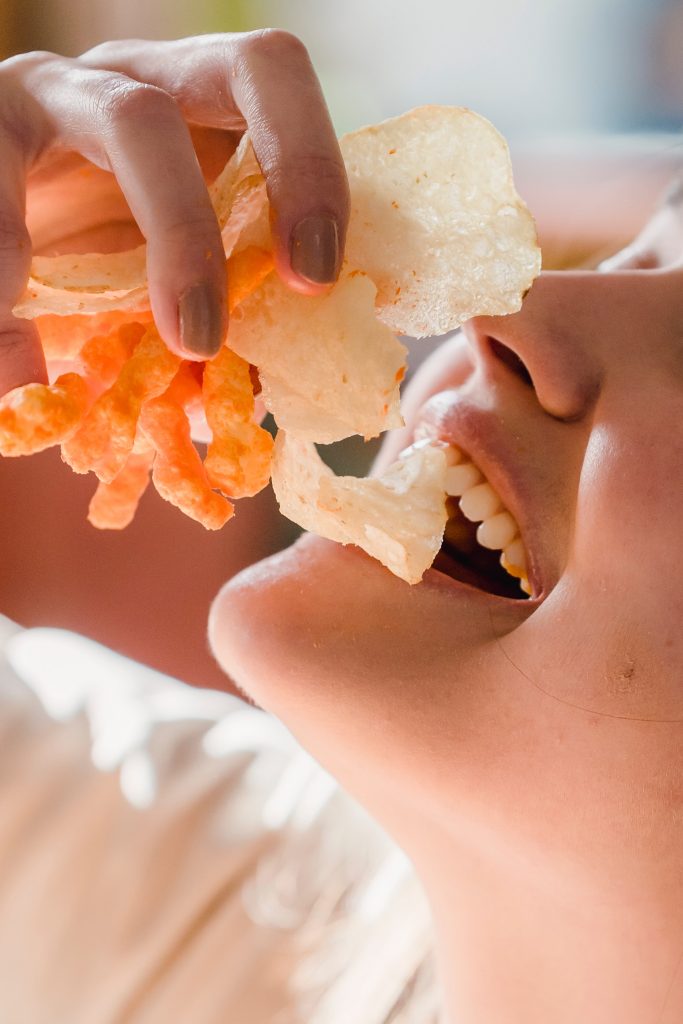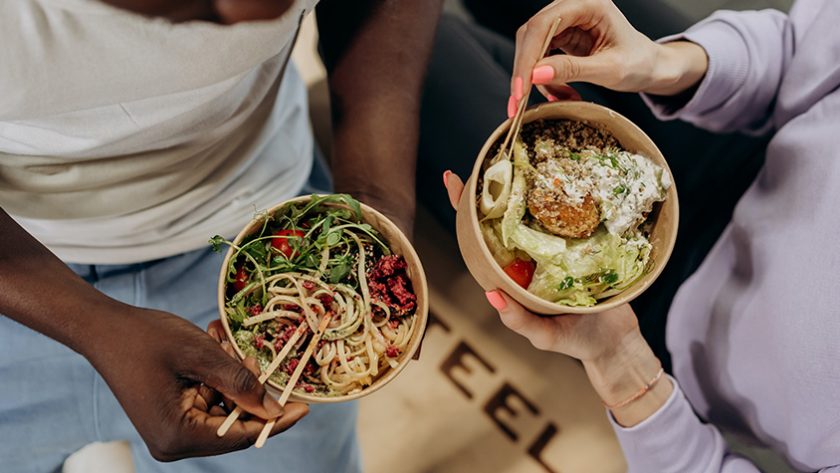The keto diet is a type of diet that significantly restricts carbohydrate intake. Ordinarily, the body breaks down carbohydrates into the sugar glucose, which it uses for energy. When there are not enough carbs in the body, it goes into a stage called ketosis.
During ketosis, the body becomes very efficient at burning fat and using it instead of glucose for energy. This fat burning makes the ketogenic diet a popular choice for people looking to lose weight.
There are other reasons why a person may not lose weight while following the keto diet. In this article, we outline the different possibilities. We also provide some general tips that can help a person achieve their weight loss goals.
1.You’re Eating Too Many Calories
On the keto diet, you’re lowering carb intake and eating more fat, which is pretty calorie dense. When you think about the number of calories per gram, it’s 9 calories per gram of fat versus 4 calories per gram of carbs. So, while you’re lowering carb count, you’re probably boosting the calorie count in your diet.
“A ketogenic diet is designed to use fat for fuel … but if you’re consuming too many calories for your needs, it is still possible that you’ll be storing fat just as you would on any dietary pattern,” explains Ginger Hultin, MS, RDN, CSO, spokesperson for the Academy of Nutrition and Dietetics.
A keto diet won’t work if you’re not in a calorie deficit. Before starting any diet, it’s best to meet with a dietitian to determine how many calories you should be eating on a daily basis in order to nourish your body.

2.You’re Not Really in Ketosis
Unless you’re testing yourself and really tracking your macros on a keto diet app, you could be underestimating the number of carbs you’re eating in the day. Without really analyzing your intake, it’s hard to know whether or not your body is fully in ketosis.
“The carbohydrate intake level is very low; foods like rice, potatoes, bread, starchy veggies, juice, most fruit or sweets of any kind will likely push you over the limit,” Hultin says. It’s easy to lose track—especially when carbs are hiding in seemingly innocuous places. Your best plan of action is to choose foods with very few carbs, like green leafy veggies or berries, when looking for produce.
3.Eating too much protein
Many low carb diets allow for a moderate amount of protein. Some people mistakenly think that a low carb, high protein diet is a keto diet. However, this type of diet is unlikely to cause ketosis because the body can break down excess proteins into amino acids and convert them to types of sugar.
A person who is on the keto diet will get most of their calories from fat, which should represent about 55–60%Trusted Source of their calorie intake. This fat intake leaves little room for protein. If protein makes up more than 35% of a person’s diet, it is unlikely that they are going into ketosis.
4.Eating too many acceptable carbs
On the keto diet, several types of carbohydrate are acceptable, including nuts and dairy. These foods are typically high fat, nutrient dense foods that make a great addition to a keto diet. However, they also contain carbohydrates.
Eating too many of these foods will keep a person from achieving and maintaining ketosis.

5.You’re Stressed Out
You can’t look to your diet alone to help you lose weight. Other hormones can come into play, like cortisol, which spikes when you’re stressed and can cause you to hold onto fat and retain water.
“If anything spikes cortisol levels—chronic work stress, anxiety, lack of sleep, or stress due to a restrictive diet—then yes, that can make it harder for a person to lose weight on any type of diet,” says Hultin. “Cortisol is a fight or flight hormone, so if it’s surging, it can take the body out of a fat-burning state.”
To keep your stress levels low, be sure to prioritize sleep, healthy food choices, and activities that help you mellow out—like exercise, reading, taking a bath or watching a (not too dramatic) movie.
6.You’re Struggling to Stay on It
Unless you’re intentionally keto cycling, going in and out of ketosis all the time could definitely be hindering your weight loss. Every time you fall out of ketosis, it takes time to get back into fat-burning mode; it’s not an immediate reset.
“No doubt about it, the ketogenic diet is restrictive. It takes time, planning and diligence to stay on it,” Hultin says. “Some people cycle off it by eating more carbohydrates either on purpose or accidentally—which could be a sign that it’s too restrictive for your lifestyle.”
7.Not counting calories
A person who eats more calories than their body can burn is unlikely to lose weight. People who consume too many calories may gain weight, even if they are in a state of ketosis.
High fat foods tend to contain many more calories than foods that are high in carbohydrates and proteins. It is, therefore, important that people keep track of the number of calories that they consume.
Sticking to a balanced meal plan can help a person work toward their ideal weight.
8.Drinking alcohol
Many alcoholic drinks, including wine and beer, are high in carbohydrates. Most forms of the ketone diet do not allow these types of alcohol.
Hard alcohols, such as gin and vodka, are lower in carbohydrates, meaning that they are generally acceptable on a keto diet. However, these drinks are very calorie dense. As such, even these options can prevent weight loss.
Drinking alcohol is an easy way to increase calorie intake without providing the body with nutrients.
Tips
The following tips may help a person avoid common dieting mistakes so that they can lose weight on the keto diet:
- Keeping a food journal: By keeping track of what that they consume throughout the day, a person can often identify any foods or eating patterns — such as snacking — that may be preventing weight loss.
- Drinking plenty of water: Drinking plenty of water helps fill the stomach, and this may help keep a person from overeating or snacking too much throughout the day.
- Chewing sugarless gum: Chewing sugarless gum containing erythritol or stevia may help stave off cravings for sweet foods. It may also help minimize unnecessary snacking between meals.
- Getting plenty of sleep: Sleep helps regulate the body’s normal cycles, and it may also help reduce stress levels.




